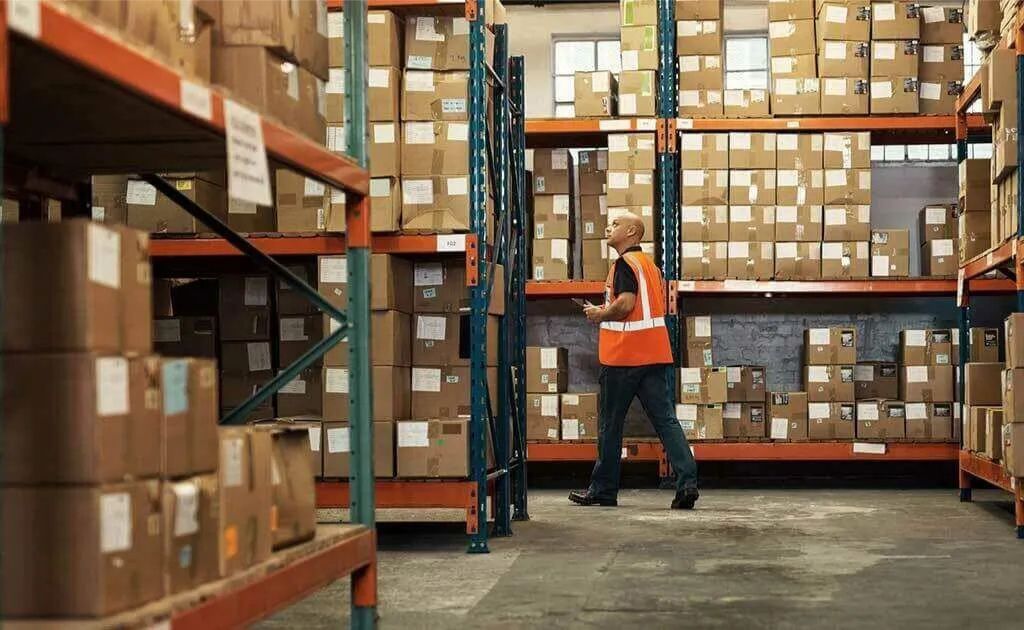Understanding Wholesale Distributors: A Comprehensive Guide

Wholesale distributors play a crucial role in the supply chain, acting as intermediaries between manufacturers and retailers or end-users. These businesses ensure products reach the market efficiently, supporting industries across the globe. Whether you’re starting a business, exploring distribution opportunities, or looking to expand your retail operation, understanding Distributors is essential. In this article, we’ll delve into their roles, types, benefits, and how to work with them effectively.
What Are Wholesale Distributors?
Wholesale distributors purchase goods in bulk from manufacturers and sell them in smaller quantities to retailers, businesses, or other intermediaries. They often operate in specific industries such as fashion, electronics, food, or automotive parts, providing a bridge between production and consumption.
Key Functions of Wholesale Distributors:
- Bulk Purchasing: Acquiring large quantities from manufacturers at discounted rates.
- Warehousing: Storing goods securely before they reach the market.
- Logistics and Transportation: Ensuring products are delivered efficiently and on time.
- Market Knowledge: Providing insights about market demand and trends.
- Credit Services: Offering payment terms to retailers or businesses.
Types of Wholesale Distributors
The wholesale industry is diverse, catering to various markets and niches. Here are the main types of wholesale distributors:
1. Merchant Wholesalers
Merchant wholesalers own the goods they sell. They buy in bulk, store inventory, and resell to retailers or other businesses. These distributors often specialize in specific products or industries.
2. Drop Shippers
Drop shippers facilitate sales without handling inventory. They pass orders from retailers to manufacturers or suppliers, who then ship products directly to customers.
3. Cash-and-Carry Wholesalers
These wholesalers sell products to retailers or businesses that pay upfront and transport the goods themselves. They usually deal in low-cost, fast-moving items.
4. Specialized Distributors
Specialized distributors focus on niche markets, such as luxury goods, pharmaceuticals, or electronics. Their expertise allows them to cater to specific customer needs.
5. Agent or Broker Distributors
Agents or brokers act as middlemen, connecting manufacturers with buyers. They don’t own the goods but earn commissions on sales.
Benefits of Working with Wholesale Distributors
Choosing to work with Us Wholesale Distributors offers numerous advantages, particularly for retailers and small businesses.
1. Cost Savings
Purchasing products in bulk from wholesalers typically results in lower costs per unit, allowing retailers to maintain competitive pricing.
2. Convenience
Wholesalers simplify procurement by offering a wide range of products under one roof, reducing the need for multiple suppliers.
3. Market Insights
Established distributors often have extensive market knowledge, providing valuable insights into trends, customer preferences, and demand fluctuations.
4. Logistical Support
With warehousing and distribution expertise, wholesalers streamline the supply chain, ensuring products reach retailers efficiently.
5. Flexible Payment Options
Many wholesale distributors offer payment terms, enabling businesses to manage cash flow better.
Challenges in Wholesale Distribution
While wholesale distribution has its advantages, it also comes with challenges. Businesses must navigate these effectively to ensure smooth operations.
1. Inventory Management
Maintaining the right inventory levels can be complex, particularly for products with seasonal demand.
2. Competition
The wholesale market is competitive, with distributors vying for the same clients. This can result in price wars and slim profit margins.
3. Logistics Issues
Delays in transportation or warehouse inefficiencies can disrupt supply chains.
4. Technological Advancements
Distributors must invest in technology to remain competitive, such as inventory management software and e-commerce platforms.
How to Choose the Right Wholesale Distributor
Selecting the right Beauty Wholesale Supplier distributor is critical for a business’s success. Here are some factors to consider:
1. Product Range
Ensure the distributor offers the products you need, focusing on quality and variety.
2. Reputation
Research the distributor’s reputation in the market. Look for reviews, testimonials, and references to gauge reliability.
3. Pricing
Compare pricing structures to ensure competitiveness. Factor in bulk discounts, shipping costs, and payment terms.
4. Geographical Reach
Choose a distributor with a strong presence in your target market to minimize logistical challenges.
5. Customer Support
A distributor with responsive customer service can address issues quickly, ensuring smooth operations.
Steps to Work Effectively with Wholesale Distributors
Building a successful relationship with a wholesale distributor requires effective communication and strategic planning. Follow these steps:
1. Research and Shortlist
Identify potential distributors in your industry and evaluate their offerings. Attend trade shows, browse online directories, or network within your industry.
2. Negotiate Terms
Discuss pricing, payment options, and delivery schedules to find a mutually beneficial arrangement.
3. Establish Clear Communication
Maintain open lines of communication to address concerns promptly. Regular updates on market trends and demand fluctuations can improve collaboration.
4. Leverage Technology
Use inventory management and order tracking systems to streamline operations and reduce errors.
5. Evaluate Performance
Regularly assess the distributor’s performance against agreed-upon benchmarks, such as delivery times and product quality.
Wholesale Distributors in the Digital Age
The rise of e-commerce and technological advancements has transformed the wholesale industry. Digital platforms now allow distributors to reach a global audience and streamline operations.
Key Trends in Modern Wholesale Distribution:
- Online Marketplaces: Platforms like Alibaba, Faire, and ThomasNet enable businesses to connect with distributors worldwide.
- Automation: Inventory management, order processing, and logistics are increasingly automated, reducing costs and errors.
- Sustainability: Eco-friendly practices, such as reduced packaging and energy-efficient warehousing, are gaining importance.
- Data Analytics: Distributors leverage data to forecast demand, optimize pricing, and improve customer experiences.
FAQs About Wholesale Distributors
1. What is the difference between a wholesaler and a distributor?
A wholesaler typically purchases goods in bulk and sells them to retailers, while a distributor works more closely with manufacturers, often providing additional services like marketing and logistics.
2. How do I find wholesale distributors?
You can find distributors through online directories, industry trade shows, referrals, and by contacting manufacturers directly.
3. Can small businesses work with wholesale distributors?
Yes, many wholesalers cater to small businesses. Look for distributors with low minimum order quantities or flexible terms.
4. Do wholesale distributors offer credit?
Many distributors provide credit terms, allowing businesses to purchase goods and pay later, helping with cash flow management.
5. What industries rely on wholesale distributors?
Almost every industry relies on wholesale distributors, including fashion, electronics, food and beverage, pharmaceuticals, and automotive.
Conclusion
Wholesale distributors are the backbone of efficient supply chains, ensuring products move seamlessly from manufacturers to consumers. By understanding their role, types, and benefits, businesses can optimize their operations, reduce costs, and achieve growth. Whether you’re a retailer seeking reliable suppliers or an entrepreneur exploring distribution opportunities, Wholesale Extracts Flavorfrenzy distribution offers immense potential. As the industry continues to evolve with technology, staying informed about trends and best practices will be key to success.



